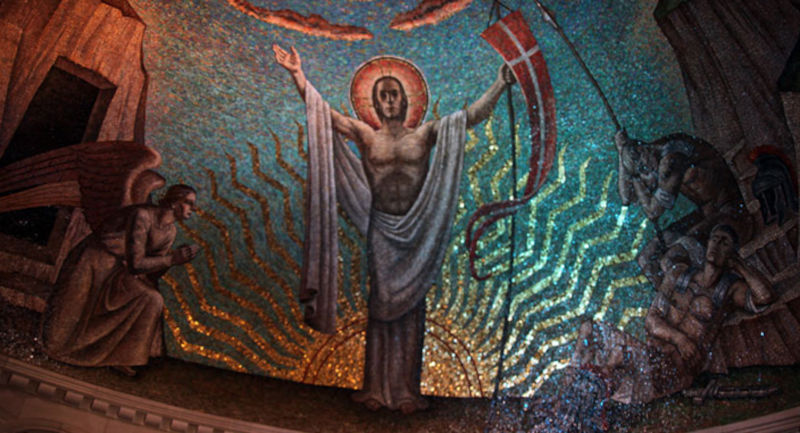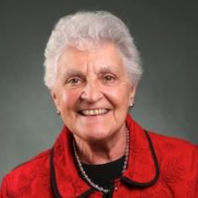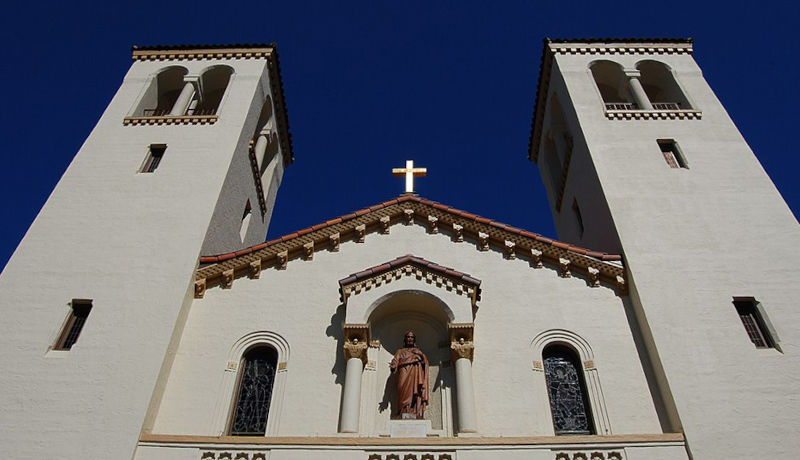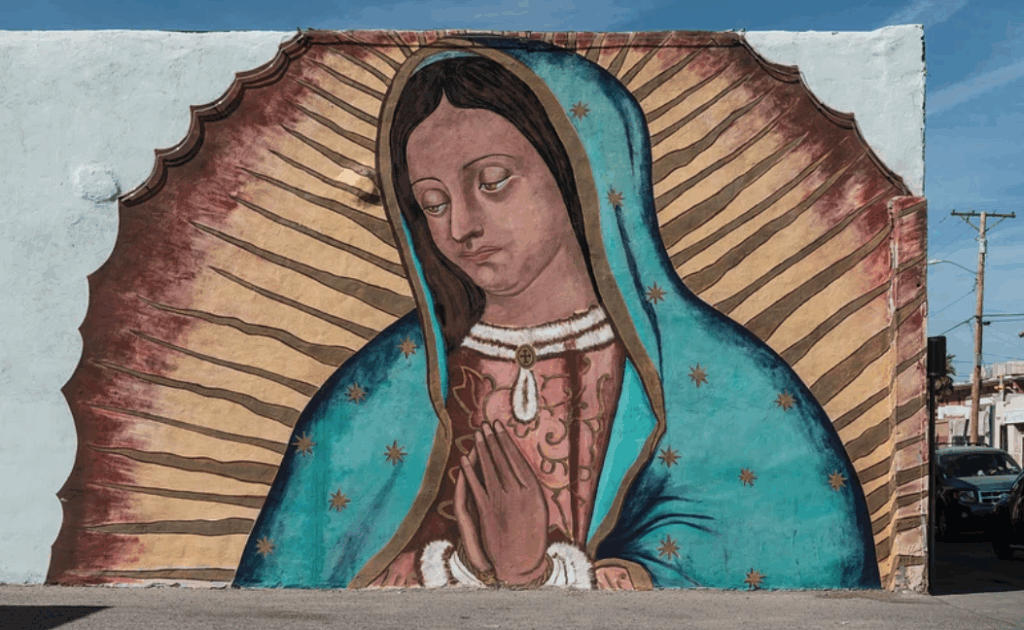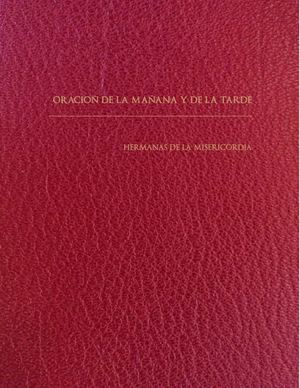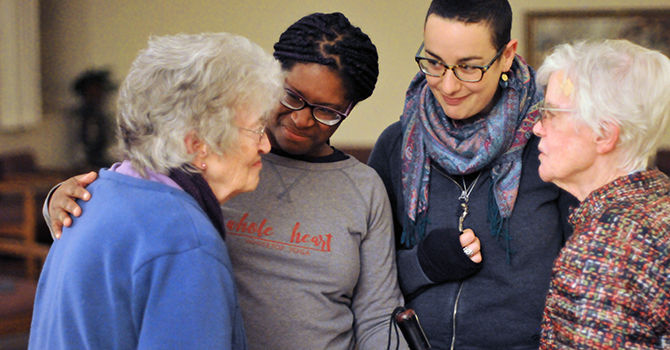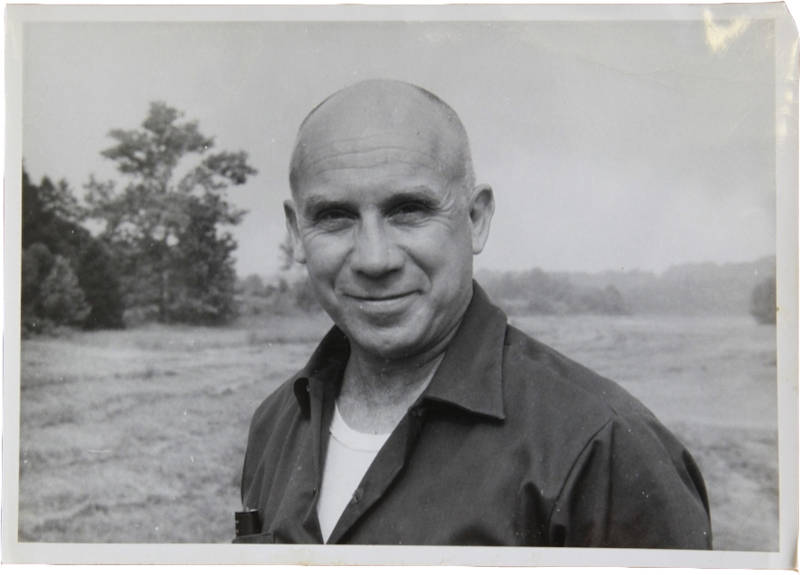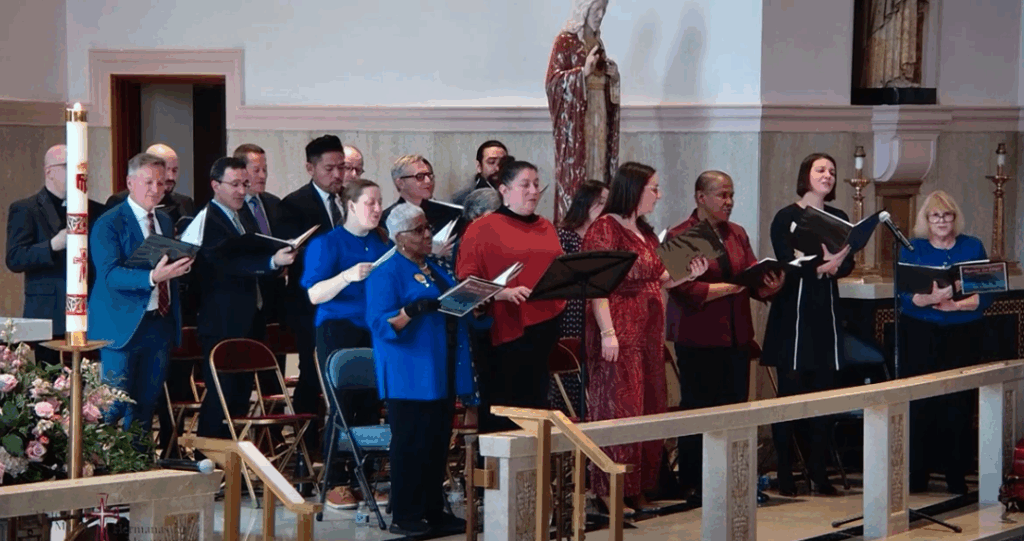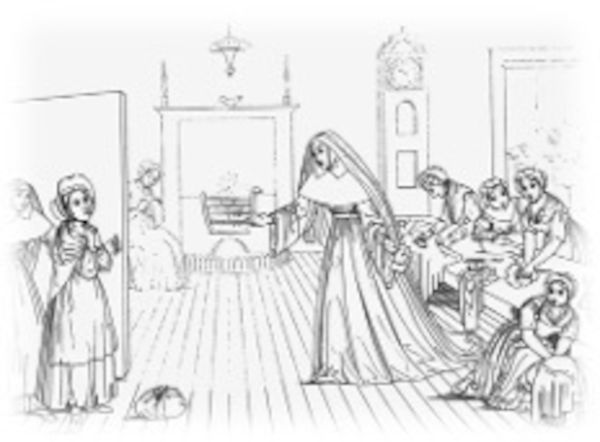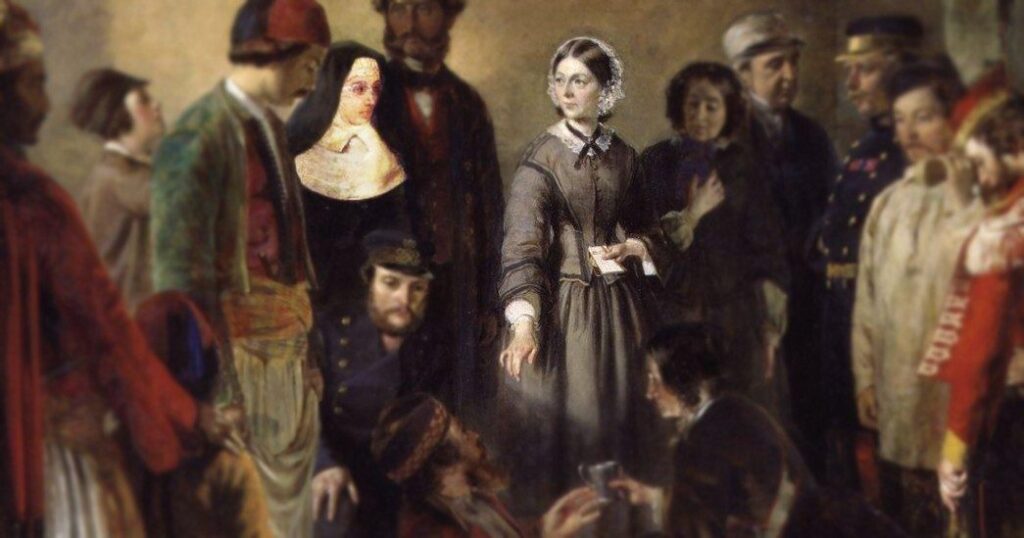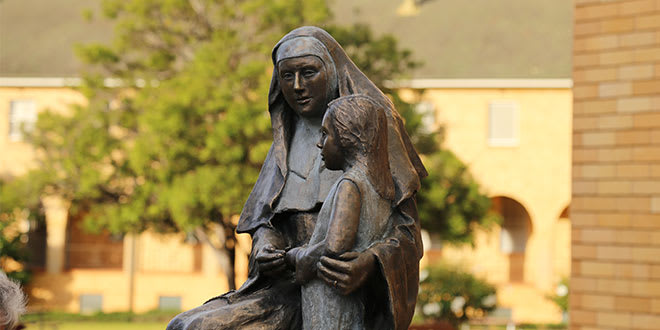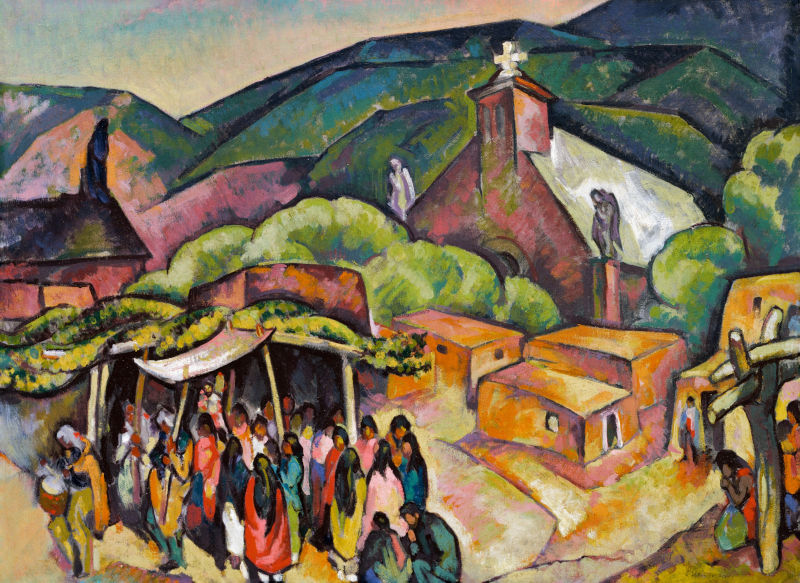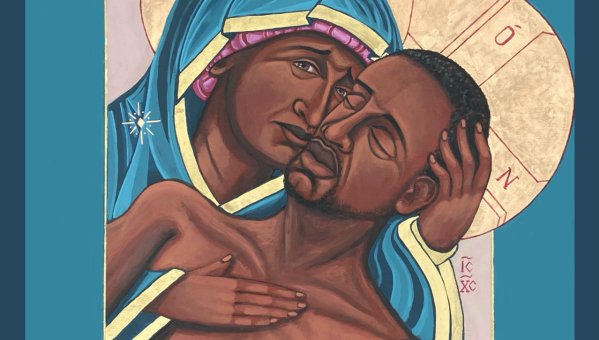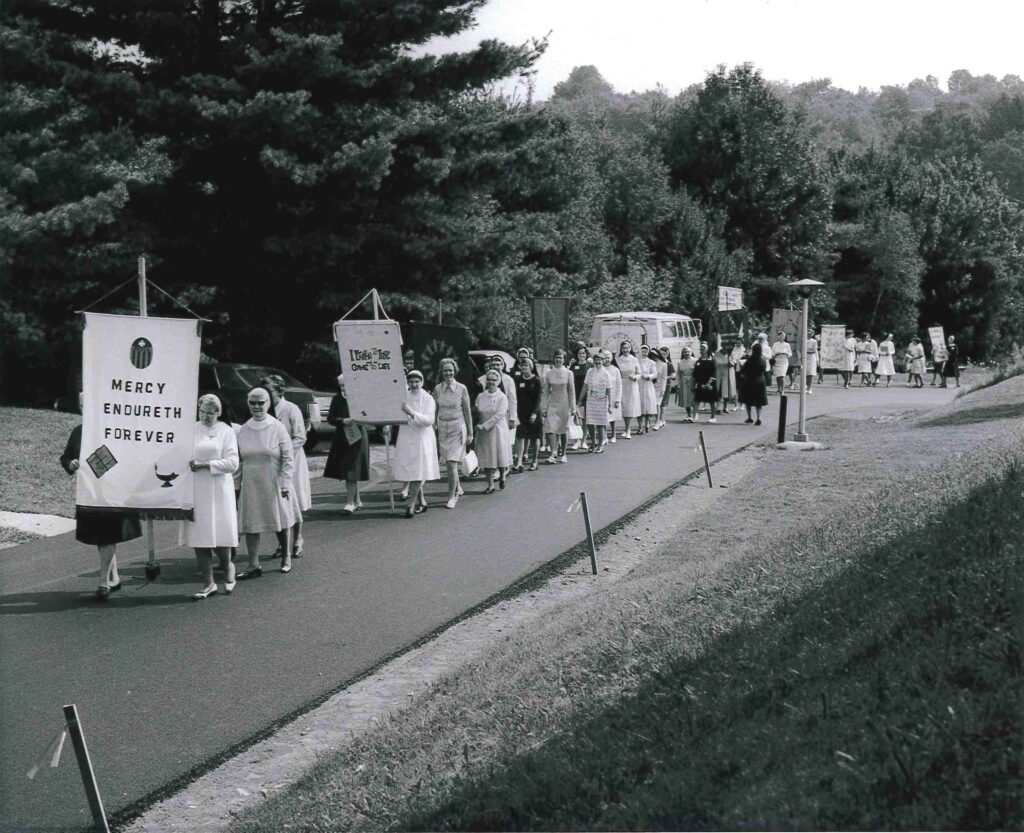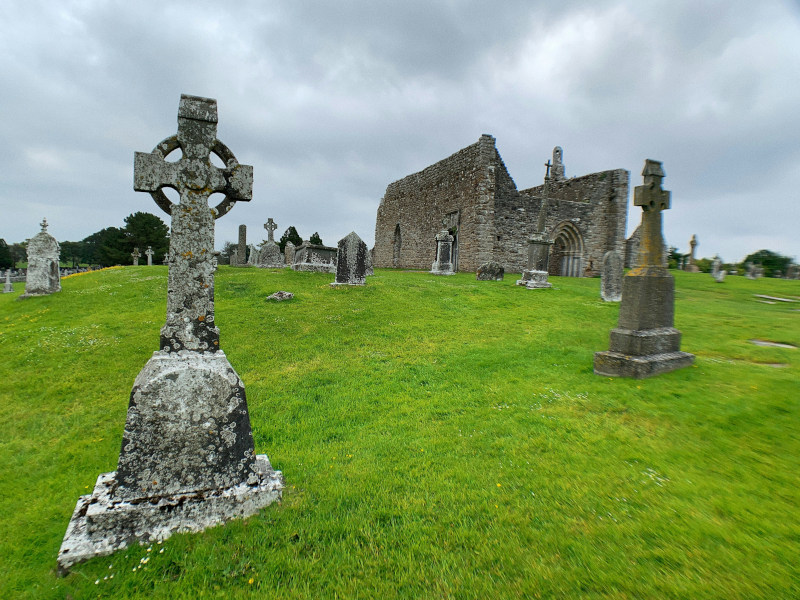You may have had this experience. You come across a book that you have ignored, and it is very helpful. As I was preparing this reflection, I reached for such a treasure: Jesus and the Gospels by Denis McBride. Not only is it an approachable book but a good educational reference. McBride speaks of the Gospels as works written, “In memory of Him: Retelling the stories of Jesus.”
But the Gospels are confined by time, cultural experiences, interpretation, and the communities’ needs that the authors understood. We should take all these factors into account as we reflect on them, and these reflections will give us a fuller understanding of Jesus and his message.
But it occurred to me that today you and I are continuing to write the Gospel of Jesus with a small “g” as we try to live out its messages in our daily lives, in the here and now.
That is what the early Church was doing according to our first reading. The Acts of the Apostles tells us they were gradually drafting rules for living out Jesus’ message. Some 30 years after the resurrection they came to understand that community life, sharing, and responding to the needs of one another were central to the message Jesus left. Peter’s letter was also speaking to many in the community who had never seen the physical Jesus. He writes, “Although you have not seen him you love him; even though you do not see him now yet believe in him…”
John’s Gospel refers to a time after the resurrection when he appeared to some of the disciples. The Thomas story is so interesting because we ask why was he absent from the community and why did he not take his friends’ word that Jesus came to them?
How do you and I even in the midst of our limits and doubts continue to write “a small gospel” as we try to live out Jesus’ message? McBride writes, “Jesus the storyteller was first a listener for stories; the teller was first a hearer. The stories told by the adult Jesus, together with the story of his life, are offered to us not only to be heard but also to be retold, not only to be analyzed but also to be proclaimed.” (Denis McBride, Jesus and the Gospels. Chawton, Hampshire: Redemptorist Publications, 2002, 141)
We “retell” and “proclaim” the Gospels as we try to live out the messages of the “divine listener, and the divine “storyteller.” What would Jesus think and say as he reflects on our world and nation? Is there anything we could do or say that might make his words take on more life here and now? Words like, “I am the truth” as we are surrounded by lies. “I am the Bread of Life” as so many children are dying of hunger and war crimes surround us. “I am the resurrection” when new life seems out of reach because of poverty and drought. “I am the light of the world” when educators are silenced by political stances.
We can continue to write the Gospel of Jesus Christ with a “small g” as we make efforts, no matter how insignificant, to embody his message of love and servant leadership. Along the way, we like Thomas and Peter, and many others will fail and make mistakes. But today, Jesus blesses those “who have not seen but believed.” We have not seen Jesus as they did in the first century but, we do see him as men, women, and children around us continue to live out his message and make the ancient Gospel take on flesh in the present moment. And others find The Risen Christ in us as we too make efforts to help the Gospel take on life in the here and now.


